The right direction
Film directors have always played an outsize role in Hollywood mythology
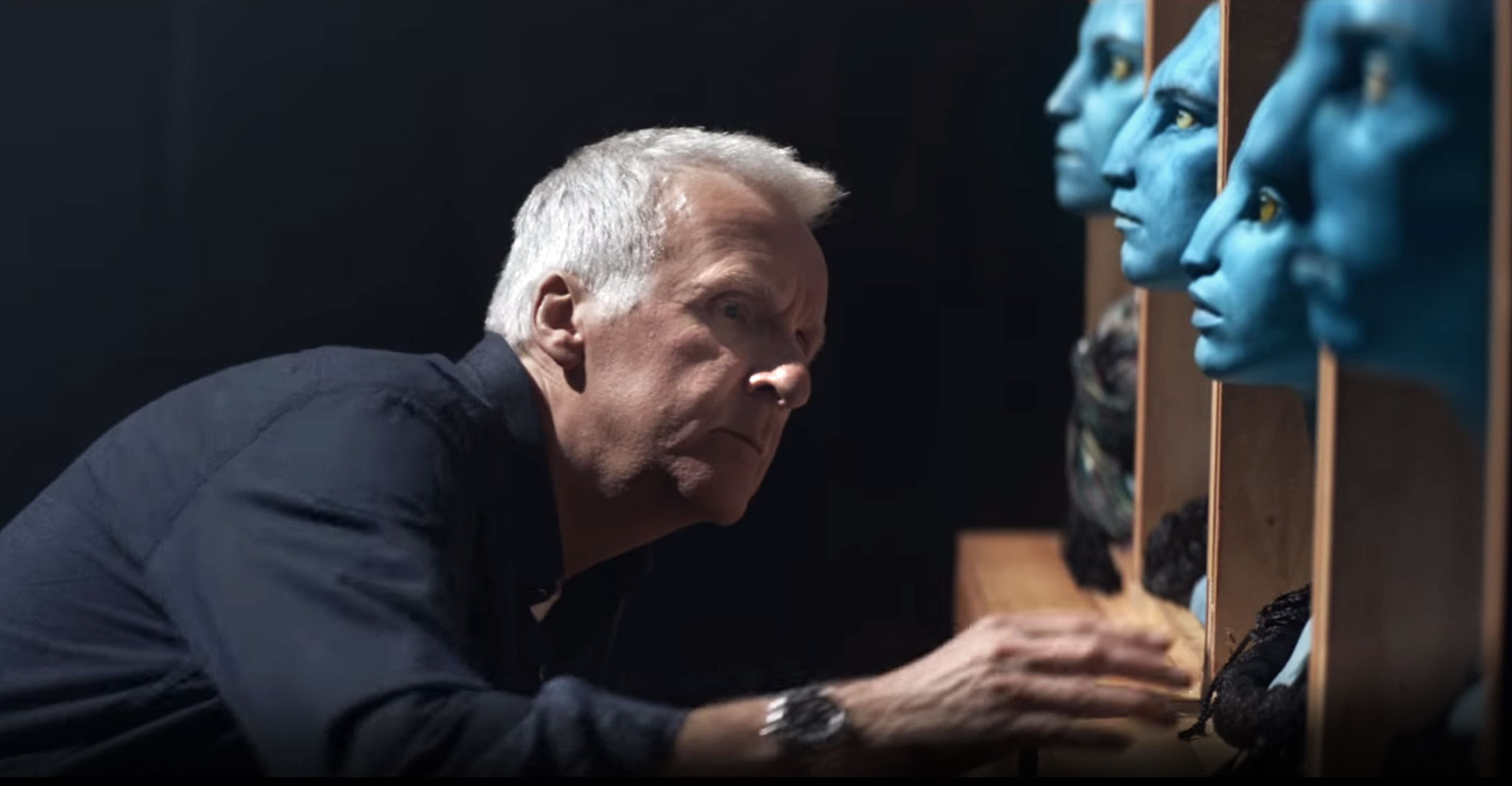
Since Frank Borzage walked off with the first Academy Award for drama direction in 1929, for his First World War love story 7th Heaven, the Oscars have celebrated the film-makers who connect most powerfully with an audience.
Nearly 90 years later, the number of categories recognised by the Academy has doubled from the original 12 to 24, but the swelling of the ranks has done nothing to dent the prestige of the Best Director statuette.
In part, that’s because directing a film is among the most demanding of roles, spanning every aspect of planning and execution. Part creative visionary, part people-manager, part problem-solver, the director is charged with realising the full potential of the script.
The Week
Escape your echo chamber. Get the facts behind the news, plus analysis from multiple perspectives.

Sign up for The Week's Free Newsletters
From our morning news briefing to a weekly Good News Newsletter, get the best of The Week delivered directly to your inbox.
From our morning news briefing to a weekly Good News Newsletter, get the best of The Week delivered directly to your inbox.
A great director brings his or her vision to bear on a project, giving it a distinctive identity, without forgetting that it must ultimately win over a crowd of strangers. In the words of Martin Scorsese, who had to wait 26 years and endure six losing nominations before finally winning his Oscar for The Departed, “When I'm making a film, I'm the audience”.
Directing is frequently compared with the job of conducting an orchestra - or even playing God. The ability to bring together clashing egos and disparate ideas with absolute precision is what separates the great from the average.
James Cameron
Even in a field containing Steven Spielberg, Werner Herzog and Stanley Kubrick, few directors epitomise the idea of director as omnipotent controller more than James Cameron (above).
Nor is he shy about acknowledging it. “Every director has a God complex,” he once told MTV. “Every director is creating a world, even if it's a story that takes place in an apartment.” His colleagues apparent concur, warily nicknaming him ‘Attila’.
His single-mindedness has resulted in some of Hollywood’s most successful movies, including 1997’s Titanic, a film which attracted a record-tying 14 Academy Award nominations, and won 11 of them, including Best Director.
His ability to focus on the minutiae of detail is legendary, but Cameron takes care not to lose sight of the big picture. While technically innovative, he is also attuned to concerns about advancing technology and has mined the theme of nature vs. machine to make escapist movies with an epic feel.
For 1989’s Abyss, for example, he pushed effects studio Industrial Light and Magic to create the first computer generated 3D character, and the jaw-dropping liquid metal CGI effect in Terminator 2 took a year to create, yet neither visual trick detracts from the human drama at the core of the story. Even on the all-CGI Avatar - the most expensive film ever made - Cameron managed to carry the audience with him into the heart of a very strange world.
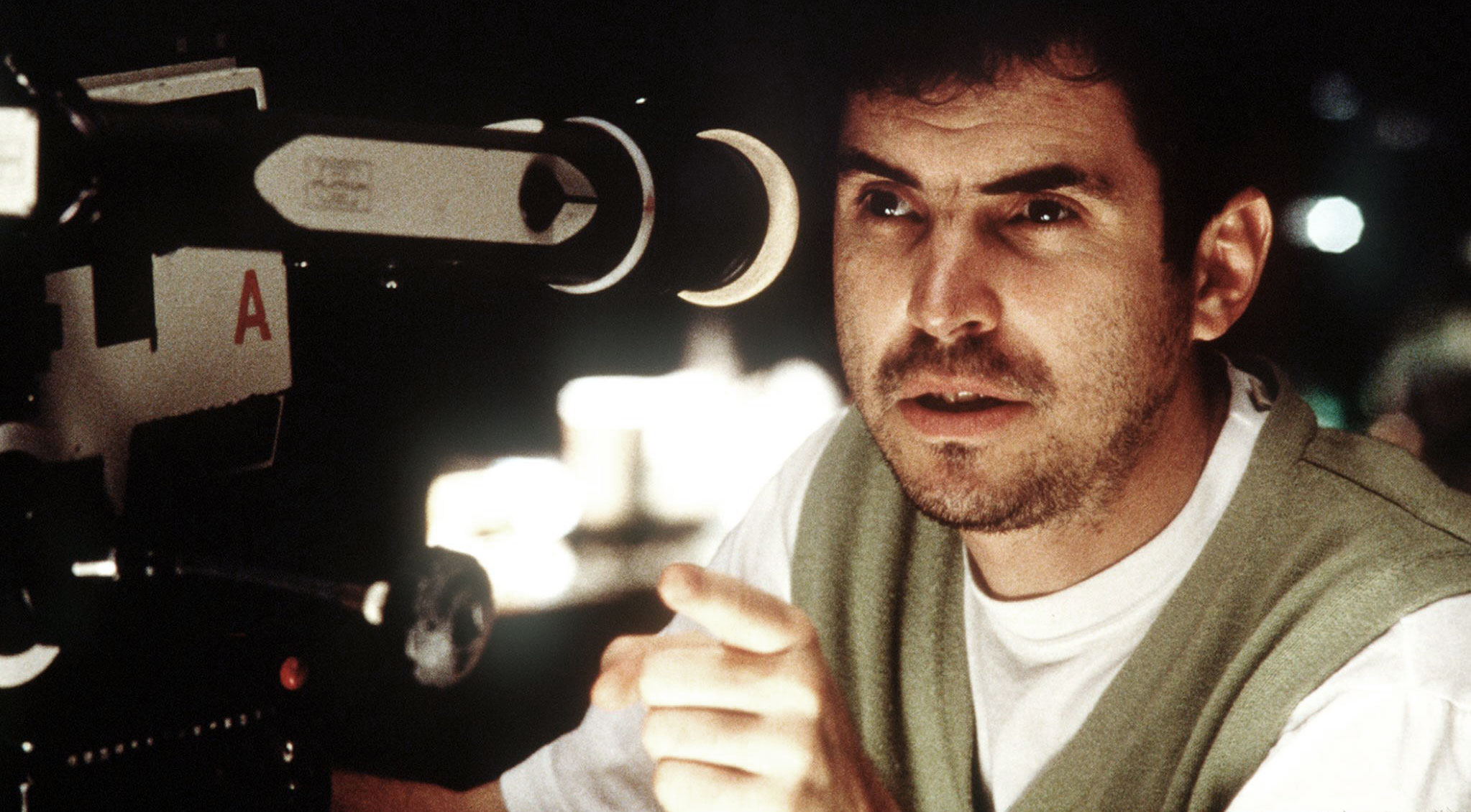
Alfonso Cuarón
Mexican director Alfonso Cuarón is an unashamed lover of movies, a child who grew up deconstructing every film he saw with the precocious intent of becoming a director. Throughout his career he has deftly moved between arthouse films and blockbusters, largely because he sees each genre as an experience in its own right.
“I love the mystery of cinema,” he told a Tribeca Talk. “It’s not about performance, it’s not about the script, it’s not about cinematography, it’s not about music, it’s not about editing. It’s about what gels everything together that suddenly clicks and gives you that experience. And it has to do with the use of the [directing] tools as a language.”
Undeterred by a lukewarm critical response to his first major Hollywood pieces, including an adaptation of Charles Dickens’ Great Expectations, he rekindled his love of film with the Spanish speaking sex comedy Y Tu Mamá También - and was rewarded with an Academy Award nomination.
J K Rowling was such a fan that he was handed the job of directing the third Harry Potter film, The Prisoner of Azkaban, a success that led in turn to Gravity, starring George Clooney and Sandra Bullock - which bagged him a Best Director gong.
Both those movies, like Cameron’s best work, stretch the technical limits of film-making without losing sight of the characters and what makes them tick. His ability to tell a human story so viscerally is one of the reasons his next movie, Roma, a 1970s Mexican family drama, is so keenly awaited.
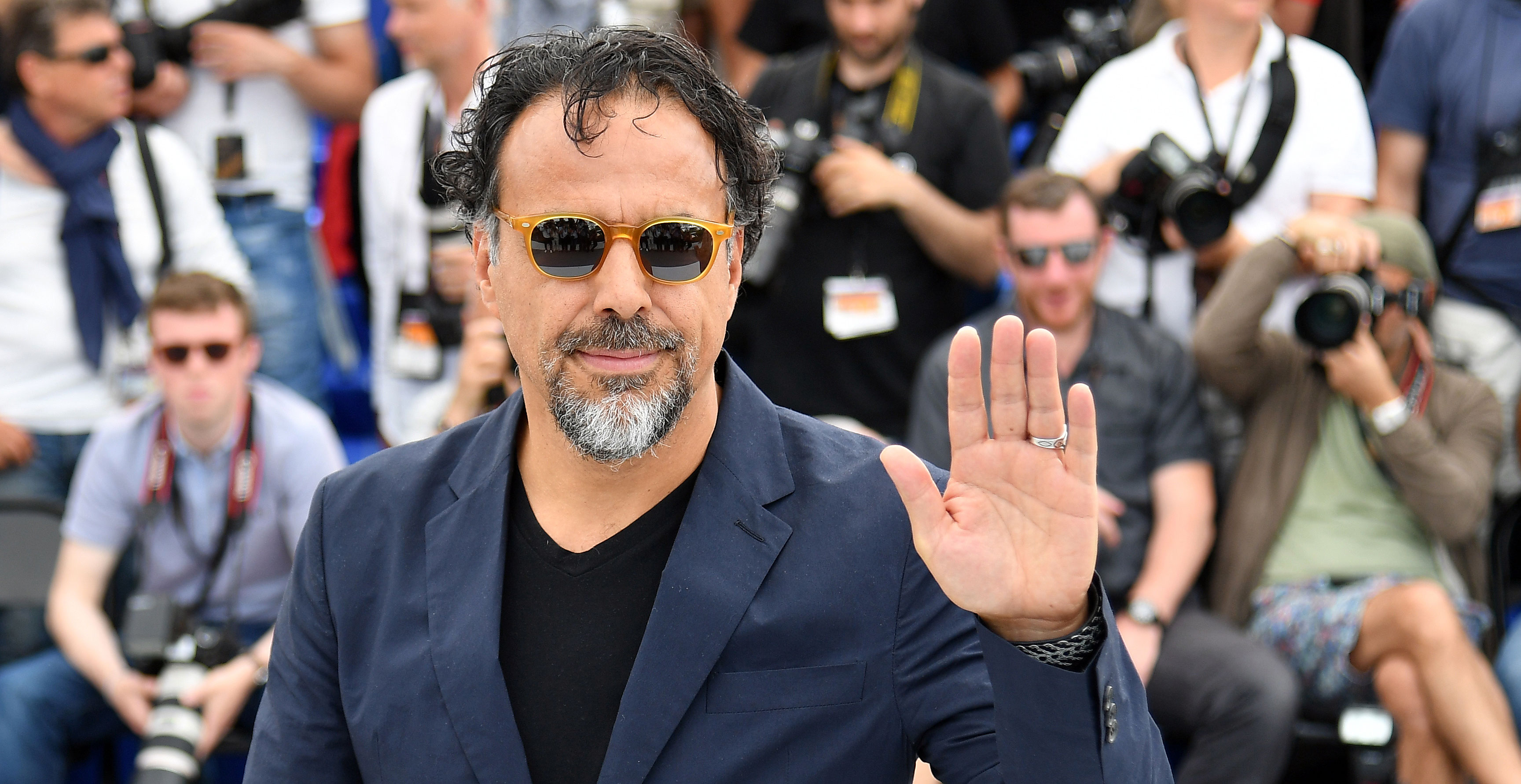
Alejandro González Iñárritu
As a former sailor and broadcaster, Alejandro González Iñárritu has had a broader experience of life than many film-makers. Perhaps that’s why he is able to demonstrate so much empathy.
“As filmmakers, sometimes you are a god, and sometimes you are a creature of the thing,” he told a Produced By: NY panel in 2015. “In a way you have to be humble to hear what’s going on and see the transformation… even when it costs a little more. I’m not investing in visual effects, but emotional effects.”
Babel, his 2006 film presenting multiple perspectives on a tragic incident, was nominated for the Best Director Academy Award, but it was his 2015 epic The Revenant, starring Leonardo DiCaprio and a violent CGI bear, that finally won him the Oscar.
Despite their disparate settings - Babel ranged across Morocco, Japan, the US and Mexico, while The Revenant travelled back to the icebound American frontier of the 1820s - his films tend to portray what happens to human beings when they test their limitations and seek to transcend them.
The visceral effects are hard won, and actors working with Iñárritu are sometimes required to test limits of their own.
“We were supposed to do a scene with my son as he’s praying for me, and it hit 40 below zero,” DiCaprio told The Daily Telegraph after filming The Revenant. “At that point we couldn’t really open our eyes, and our fingers locked together and the camera gear locked together.” The actor also had to dive into freezing water and eat raw liver.
In future, actors may think twice before signing up to an Iñárritu project - but that’s unlikely to concern a director so evidently reluctant to compromise his artistic vision. After all, as legendary director Frank Capra said, “There are no rules in filmmaking. Only sins! And the cardinal sin is dullness.”

Rolex is the Exclusive Watch of the Academy Awards and supports the Academy of Motion Picture Arts and Sciences in its preservation of cinematic history and its celebration of achievement. Among those who have received accolades from both Rolex and the Academy are James Cameron, Kathryn Bigelow, Martin Scorsese and Alejandro González Iñárritu.
Rolex also supports the film-makers of the future through its philanthropic programme, the Rolex Mentor and Protégé Arts Initiative, on which Alfonso Cuarón, Alejandro González Iñárritu and Martin Scorsese, among others, have worked as mentors.
“Rolex supports inspiring individuals and organisations who achieve great heights in both the sporting world and the arts,” said Arnaud Boetsch, Rolex’s Director of Communication & Image. The film directors who work with the company “share with Rolex the understanding of the importance of time and making a mark on the world through excellence in storytelling”.
A free daily email with the biggest news stories of the day – and the best features from TheWeek.com
-
 Crisis in Cuba: a ‘golden opportunity’ for Washington?
Crisis in Cuba: a ‘golden opportunity’ for Washington?Talking Point The Trump administration is applying the pressure, and with Latin America swinging to the right, Havana is becoming more ‘politically isolated’
-
 5 thoroughly redacted cartoons about Pam Bondi protecting predators
5 thoroughly redacted cartoons about Pam Bondi protecting predatorsCartoons Artists take on the real victim, types of protection, and more
-
 Palestine Action and the trouble with defining terrorism
Palestine Action and the trouble with defining terrorismIn the Spotlight The issues with proscribing the group ‘became apparent as soon as the police began putting it into practice’
-
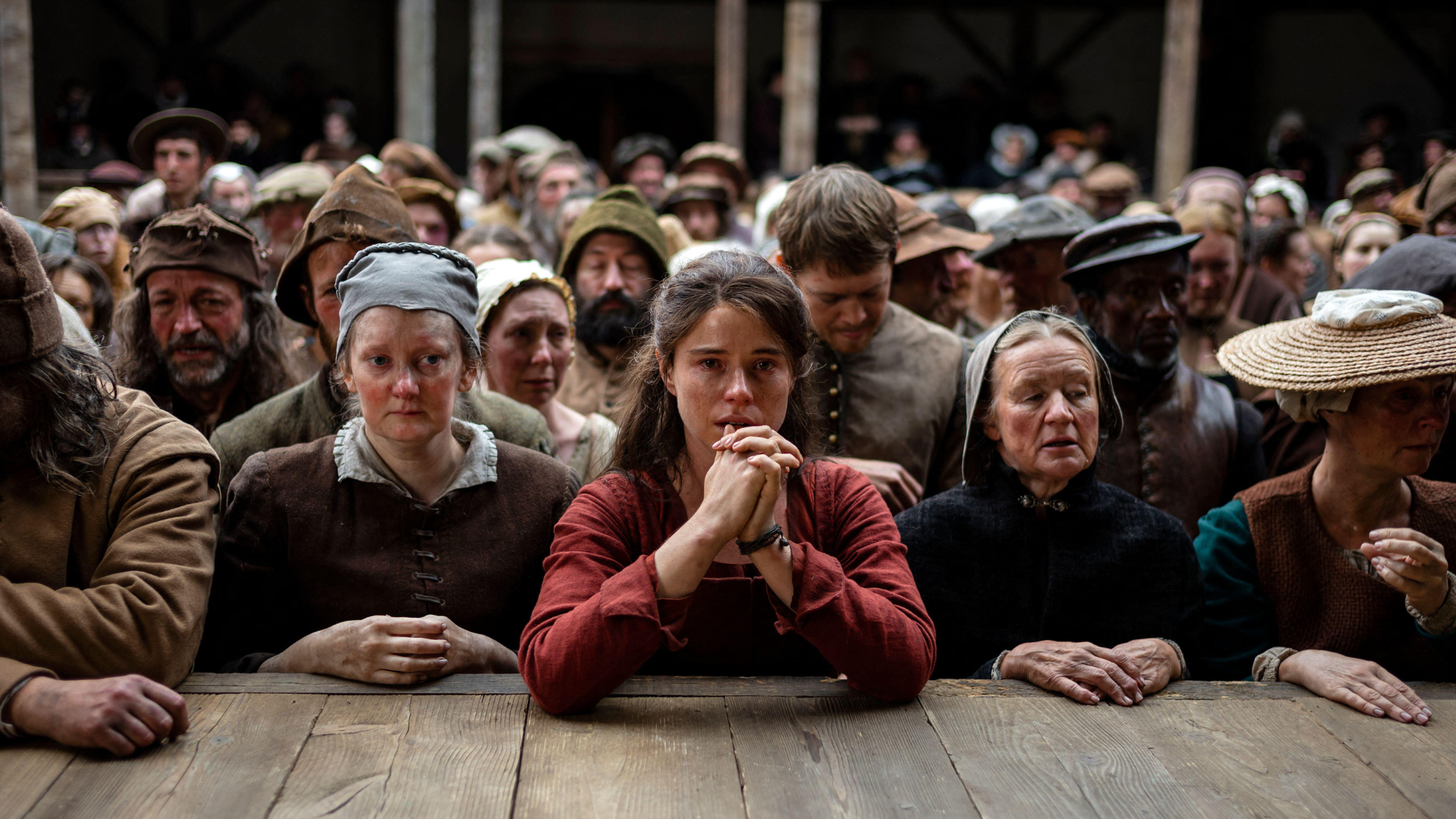 Hamnet: a ‘slick weepie’ released in time for Oscar glory?
Hamnet: a ‘slick weepie’ released in time for Oscar glory?Talking Point Heartbreaking adaptation of Maggie O’Farrell’s bestselling novel has a ‘strangely smooth’ surface
-
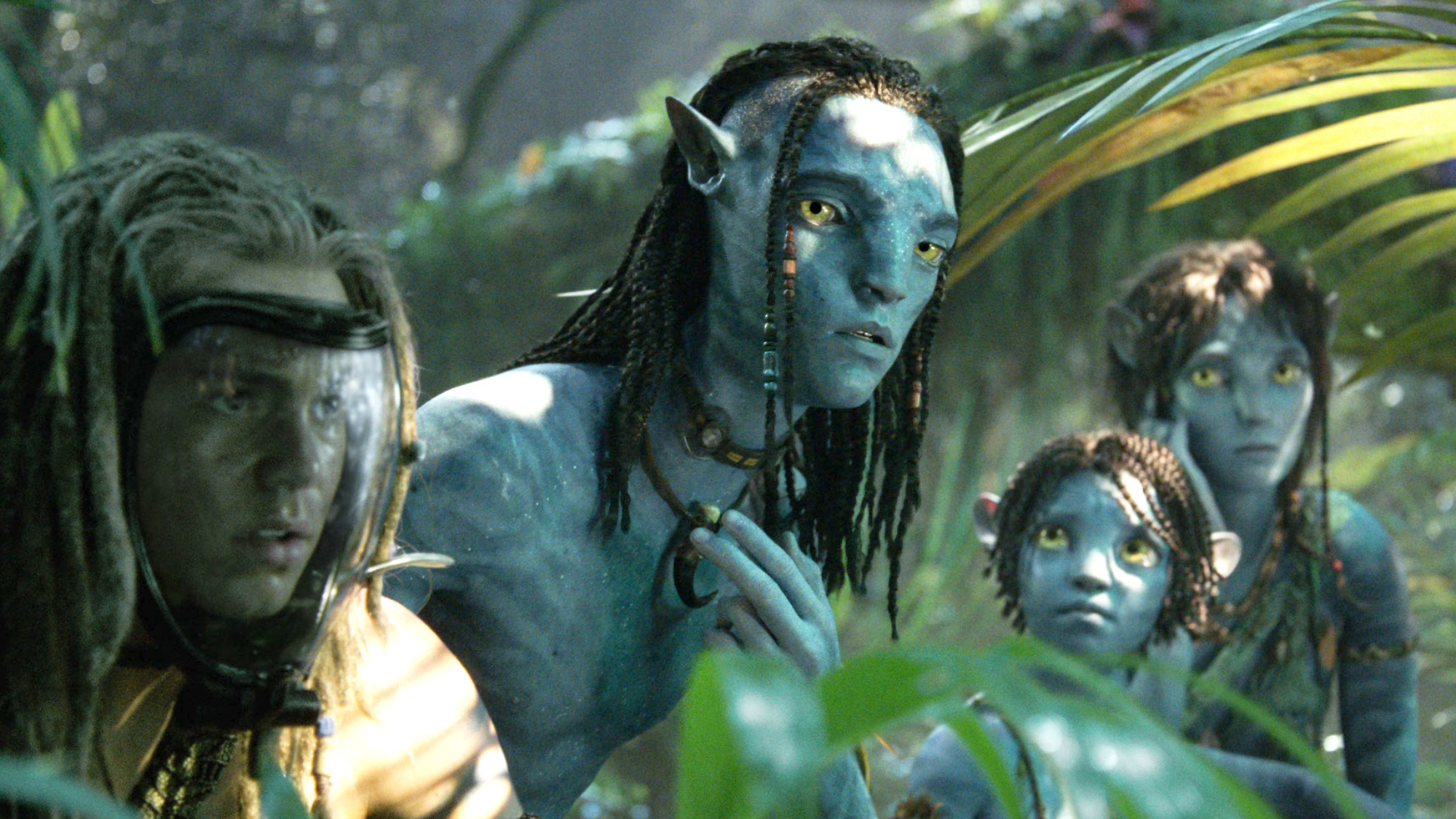 Avatar: Fire and Ash – third instalment feels like ‘a relic of an earlier era’
Avatar: Fire and Ash – third instalment feels like ‘a relic of an earlier era’Talking Point Latest sequel in James Cameron’s passion project is even ‘more humourless’ than the last
-
 The ultimate films of 2025 by genre
The ultimate films of 2025 by genreThe Week Recommends From comedies to thrillers, documentaries to animations, 2025 featured some unforgettable film moments
-
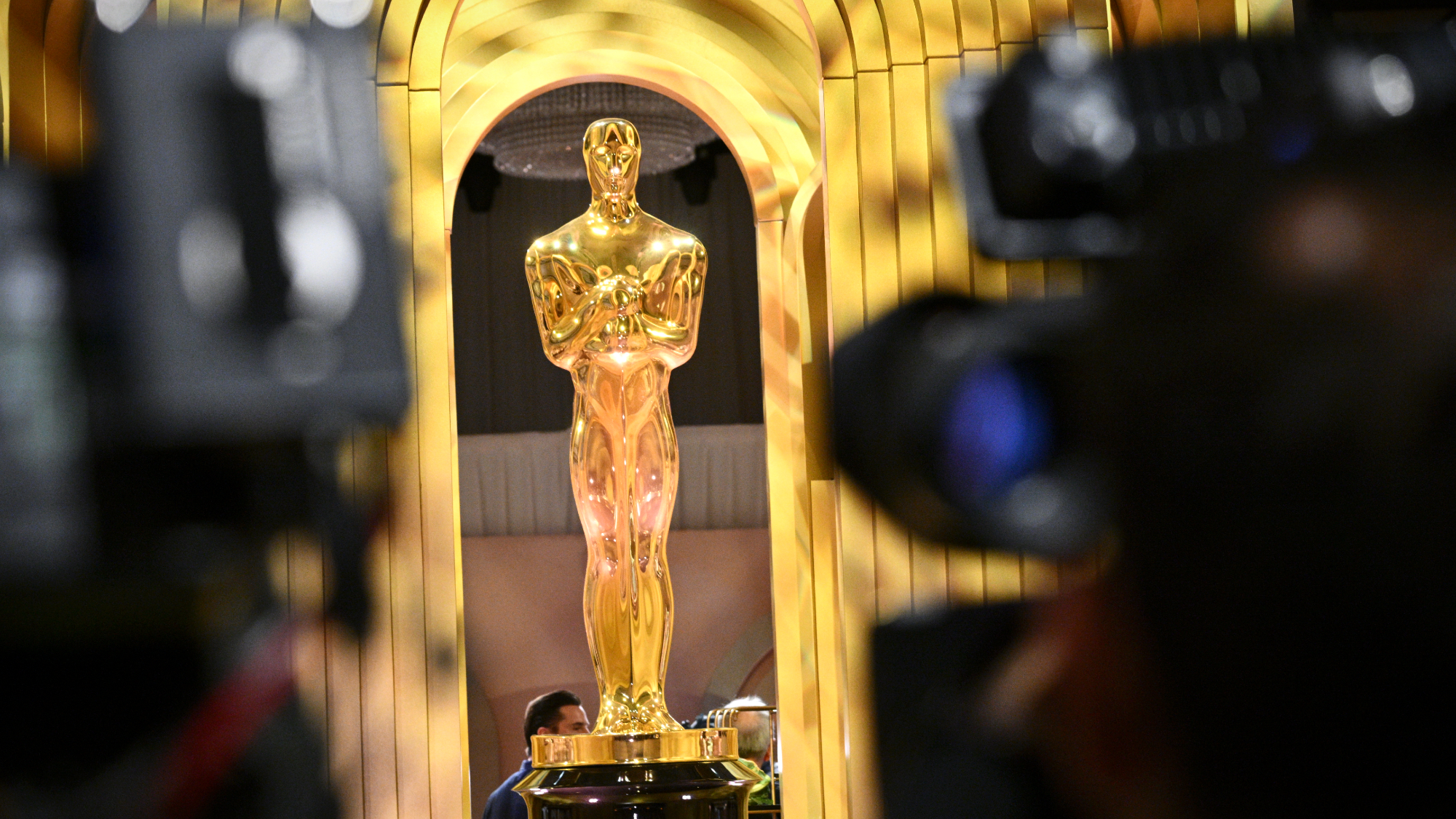 Oscars jump to YouTube after decades at ABC
Oscars jump to YouTube after decades at ABCSpeed Read The awards show will be broadcast worldwide on YouTube starting in 2029
-
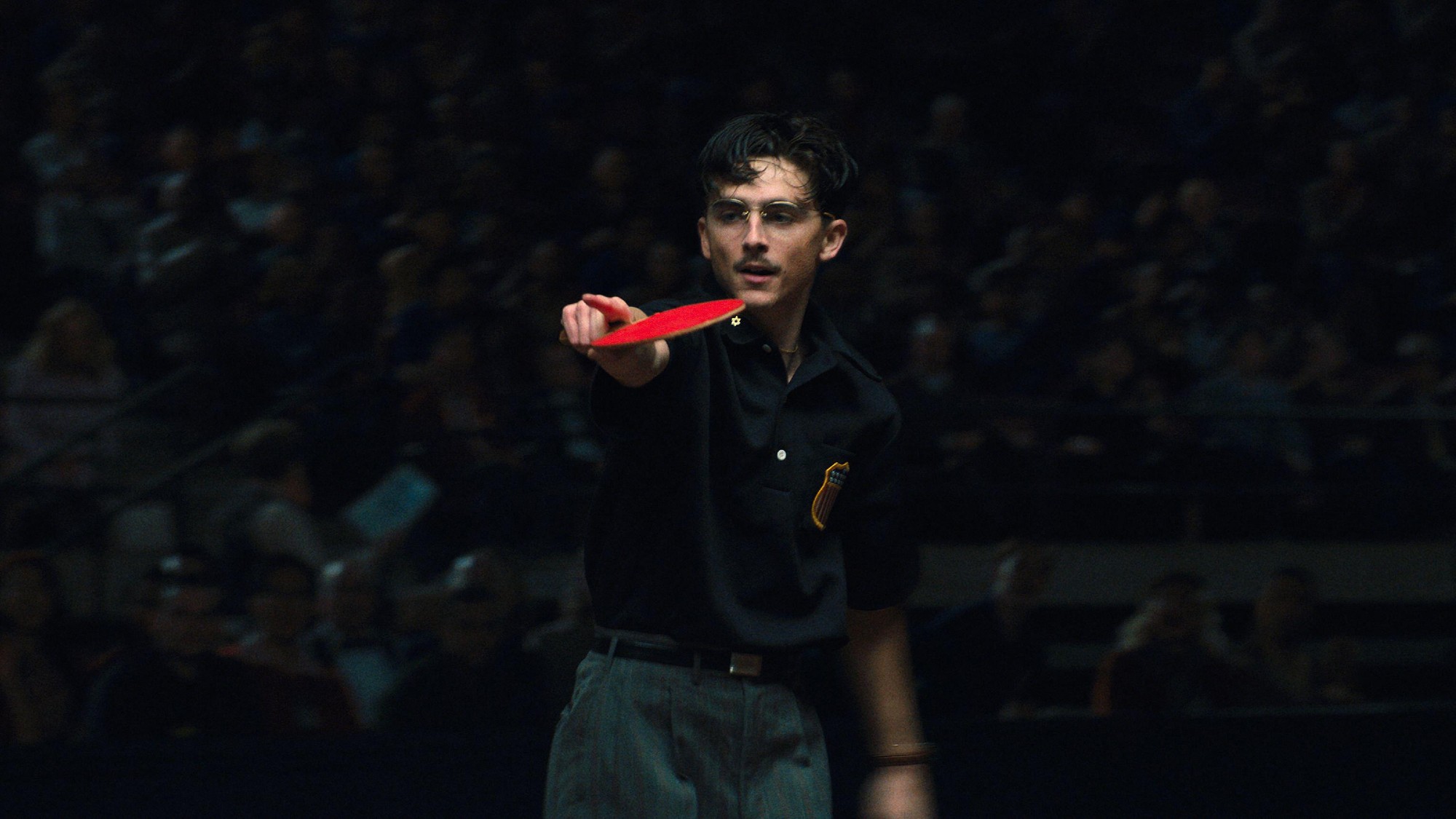 The real tragedy that inspired ‘Hamlet,’ the life of a pingpong prodigy and the third ‘Avatar’ adventure in December movies
The real tragedy that inspired ‘Hamlet,’ the life of a pingpong prodigy and the third ‘Avatar’ adventure in December moviesThe Week Recommends This month’s new releases include ‘Hamnet,’ ‘Marty Supreme’ and ‘Avatar: Fire and Ash’
-
 One Battle After Another: a ‘terrifically entertaining’ watch
One Battle After Another: a ‘terrifically entertaining’ watchThe Week Recommends Paul Thomas Anderson’s latest release is a ‘high-octane action thriller’ and a ‘surefire Oscar frontrunner’
-
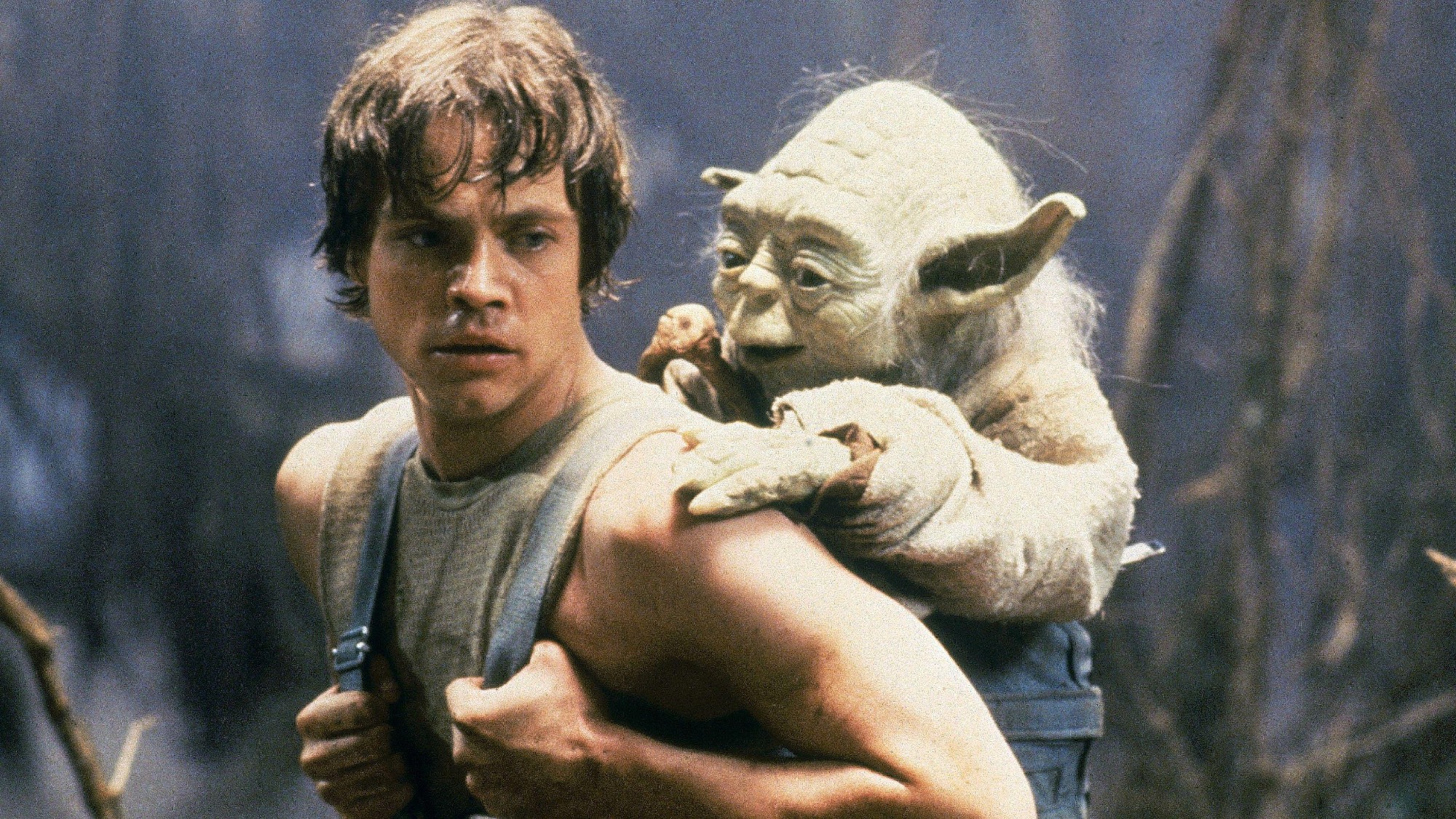 5 best movie sequels of all time
5 best movie sequels of all timeThe Week Recommends The second time is only sometimes as good as the first
-
 Five trailblazing watch releases
Five trailblazing watch releasesThe Week Recommends Luxury brands embraced dynamic and playful designs full of technical innovation at Watches and Wonders 2025